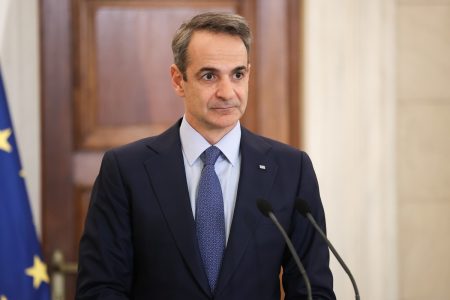The fifth and final review of the Greek bailout program is officially scheduled to begin next week in Athens, with the troika arriving to examine the progress Greece has made. The review will be critical in determining future efforts towards exiting the crisis, with the Greek government facing seven milestones in the next few months
End of September: The Minister of Finances Gikas Hardouvelis will meet with the troika heads to discuss the 500 unresolved actions that Greece has failed to implement, such as the dismissal of 5,500 from the public sector, deregulating dismissals in the private sector, reforming public sector wages and insurance reforms.
6th of October: The government will submit a draft of the budget in parliament, which will include relief measures, such as possible reductions (solidarity contribution, heating oil consumption tax, food tax and more) which have been agreed upon with the troika.
13th of October: Eurogroup session in Luxemburg; the troika will evaluate the progress of talks with Greece, but is not expected to come to any decisions.
26th of October: This is the likeliest date when the stress test results of 127 European banks will be publicized by the European Central Bank. Should the Greek banks perform well enough to cover their needs from the markets, leaving the 11-billion-euro Financial Stability Fund intact, then Greece may be able to convince the IMF to use part of those funds to cover other needs.
1st of November: The newly-elected president of the European Commission Jean-Claude Juncker officially assumes his duties, with the former French Minister of Finances Pierre Moscovici being appointed in charge of finances, funding, taxation and customs.
6th of November: Eurogroup session in Brussels; the troika and the government hope to have ended the review so that political approval is granted for collecting the next part of the loan to Greece. This decision may be delayed until a rumored Eurogroup session on the 21st of November regarding growth.
8th of December: Eurogroup session in Brussels; if the troika has not completed its review, then it will be examining unresolved issued; should the review be complete, the discussions over the European supervision from 2015 onwards will begin, along with setting a time table of the reforms.





